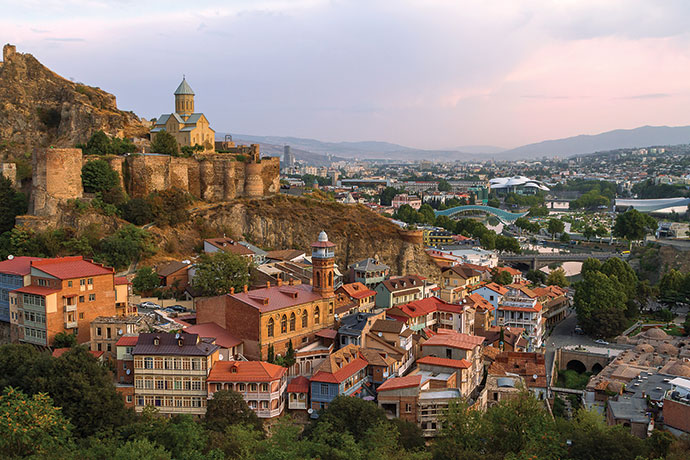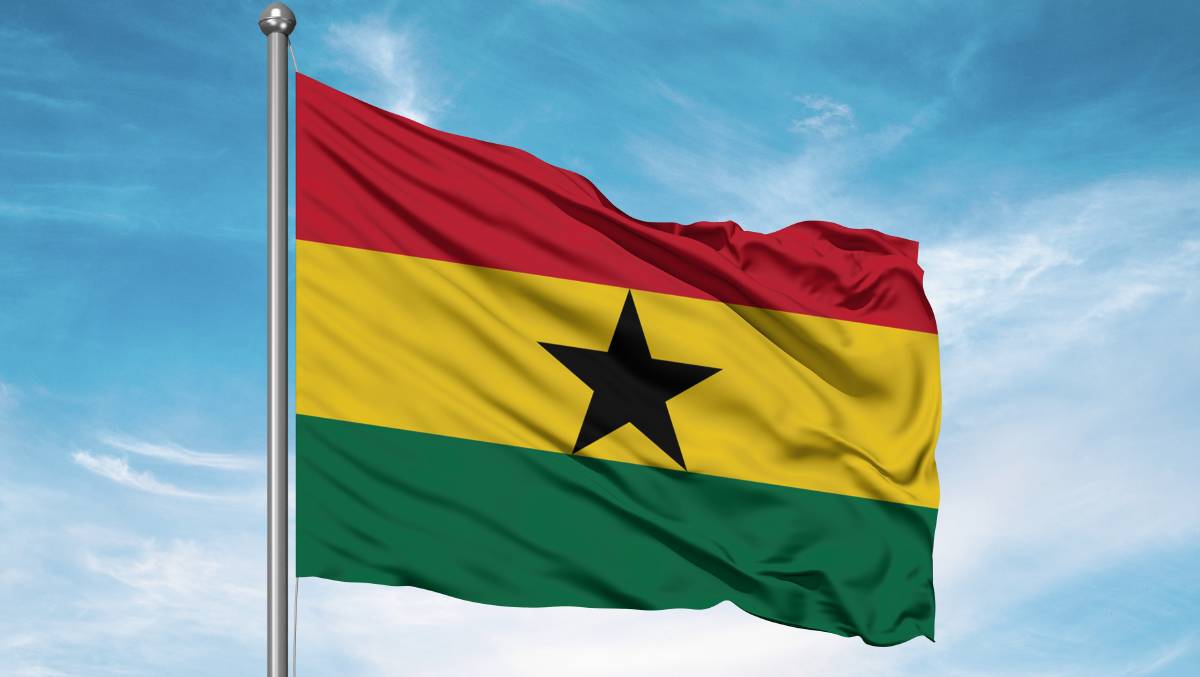Finance Minister Haddad and President Lula burn with anger over this humiliating defeat. A senior PT official will suffer consequences for the gambling licence tax disaster. Ministers killed the retroactive tax framework proposal. Standard income tax increases are lost to this alternative approach. Brazil’s regulated [betting market] waited 120 days to learn its fiscal future. Gross gaming revenues (GGR) tax would have climbed from 12% to 18% with approval.
The measure never reached President Luiz Inácio Lula da Silva because it failed every procedural requirement. Gaming tax increases remain the President’s goal regardless. PT senators and ministers explode with frustration at this result. Zarattini’s last-second budget modifications ruined the government’s fiscal year-end strategy, according to their complaints.
Political Rift Deepens Over Betting Tax Reforms
Local journalists reported fierce political battles about taxing betting companies differently. Zarattini protected his concept linking betting licences to “Litígio Zero Bets” (Zero Litigation Bets), his retroactive taxation model. Operators would volunteer for the programme, paying 15% income tax on historical revenues. A 100% penalty on unpaid taxes would apply with 90-day settlement deadlines. PP, Republicans, União Brasil and PSD abandoned their support promises, claims the rapporteur.
The Republican congressional faction became Zarattini’s immediate target for destroying the MP. São Paulo Governor Tarcísio de Freitas (Republicans) switched sides for electoral benefits, according to his accusations. “Tarcísio, instead of governing São Paulo, keeps calling deputies to pressure them not to approve it. It’s obvious there’s an election campaign underway,” Zarattini told Folha.
PT Turmoil and Haddad’s Fury Shake Brazil’s Fiscal Agenda
PT internal warfare dominates news coverage alongside Fernando Haddad’s rage. Zarattini’s retroactive scheme crushed the Finance Minister’s income tax increase from 12% to 18% for Bets licences. Finance Ministry officials panic about 2026 fiscal objectives after losing R$20.9bn in expected revenues. Budget 2026 still awaits PT government approval.
Someone must answer to President Lula for this mess. André Fufuca (Sports), Celso Sabino (Tourism), and Silvio Costa Filho (Ports) briefly lost ministerial posts for rejecting the MP before reinstatement. November 2026 brings Brazil’s general elections closer. Observers will judge how PT strategists and Lula misjudged congressional support for essential fiscal legislation.
Not Out of the Woods Yet
Haddad weighs freezing R$7–10bn in parliamentary amendments while racing against time. These funds support legislators’ local initiatives. The freeze would repair fiscal damage and punish government opponents simultaneously. Operators celebrate briefly as tax hike talks sweep from Europe to the Americas. Brazil delayed seemingly inevitable tax increases temporarily.
Lula stays focused on taxing the market that his administration launched. The Finance Ministry searches for different tax methods to reach 2026 targets. IOF (financial transaction fees) and IPI (industrial product taxes) could change through executive orders. This strategy bypasses Congress while securing 2026 revenue goals for Brasília.
“There are several things that can be done by decree,” Zarattini noted. “There are tax rate definitions that don’t require a law, such as IPI, IOF, and others. The Supreme Court recognised that the government has the autonomy to increase or decrease the IOF rate and doesn’t have to consult Congress.”
Gambling Industry Faces Ongoing Regulatory and Political Battles
Gambling sector debates persist across multiple issues. Marketing and advertising attract political attacks nationally and regionally. The National Association of Games and Lotteries (ANJL) President Plínio Lemos Jorge endorsed the tax increase plans. Investment would drop and lawsuits would multiply with higher rates, he cautioned.
“Altering conditions already established allows for judicial contestation, since the economic and financial balance of contracts is no longer maintained as planned,” he argued. “Raising taxes would impact the entry of new operators into the regulated betting market and, consequently, reduce the government’s own revenue potential.”
Three months remain in the Bets system’s opening year. Political scrutiny intensifies for licence holders under this unfinished regulatory structure. Taxation, advertising rules, and compliance demands create operator anxiety. The industry must prepare for instability while politicians reconstruct gambling’s fiscal framework.

 Companies
Companies 





